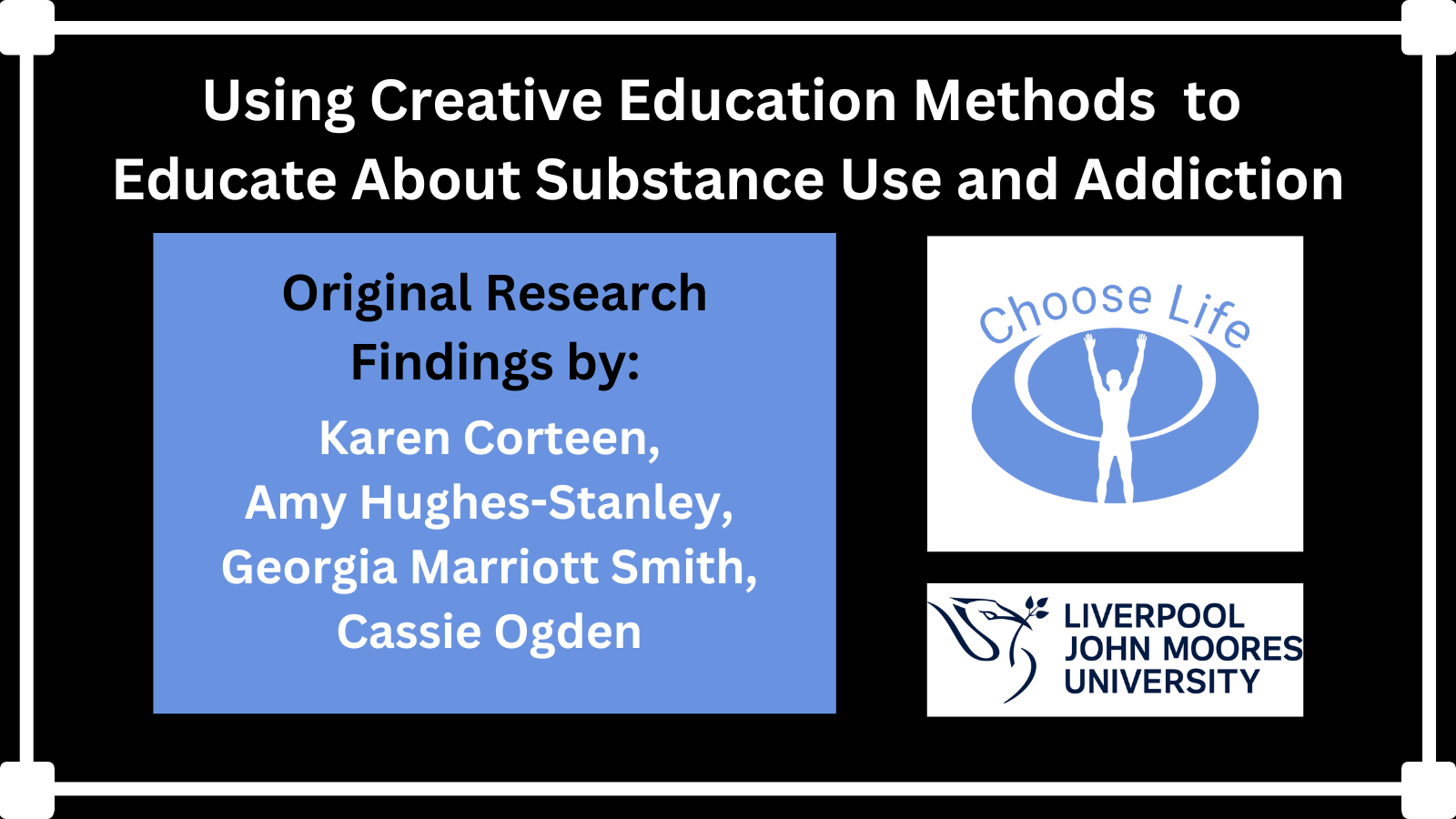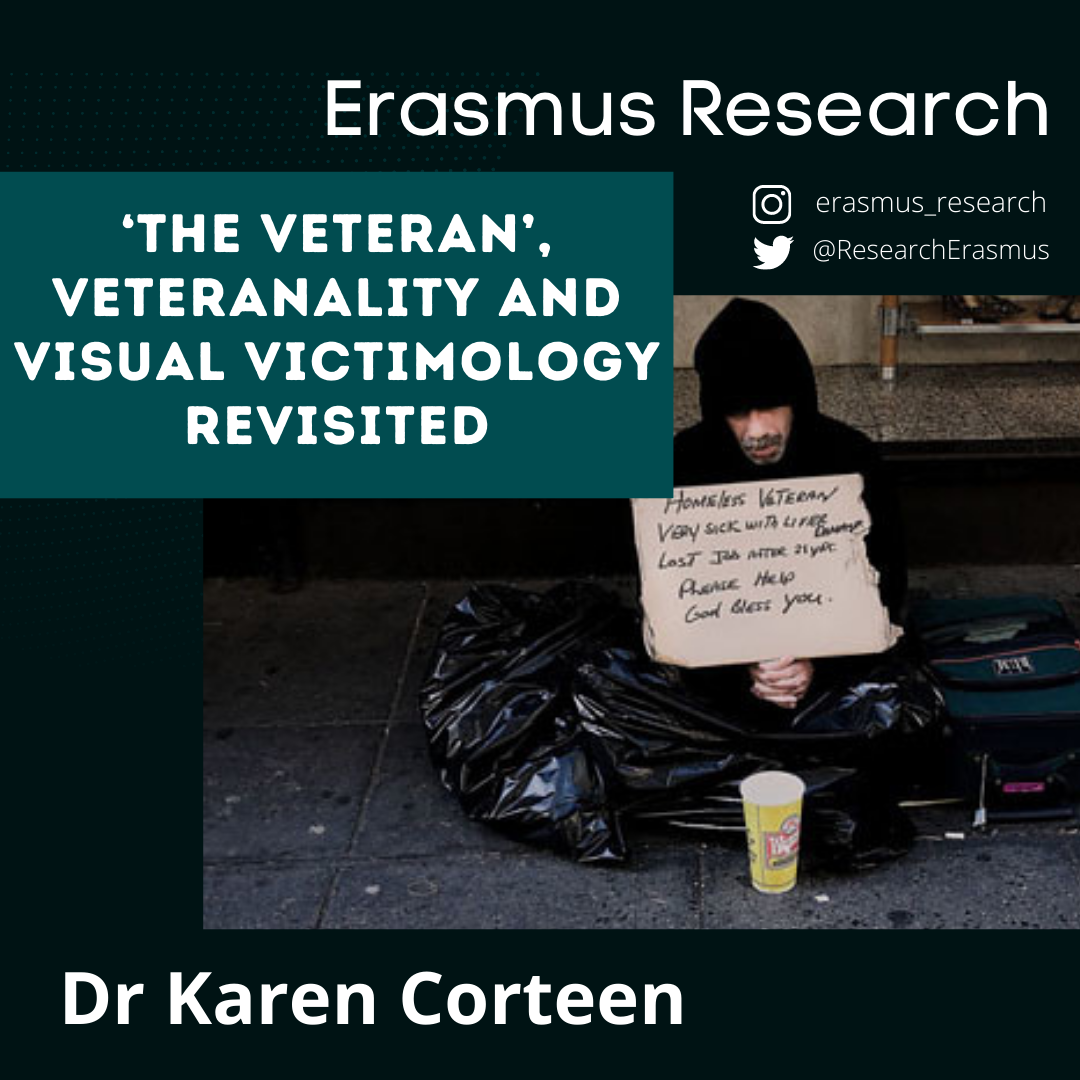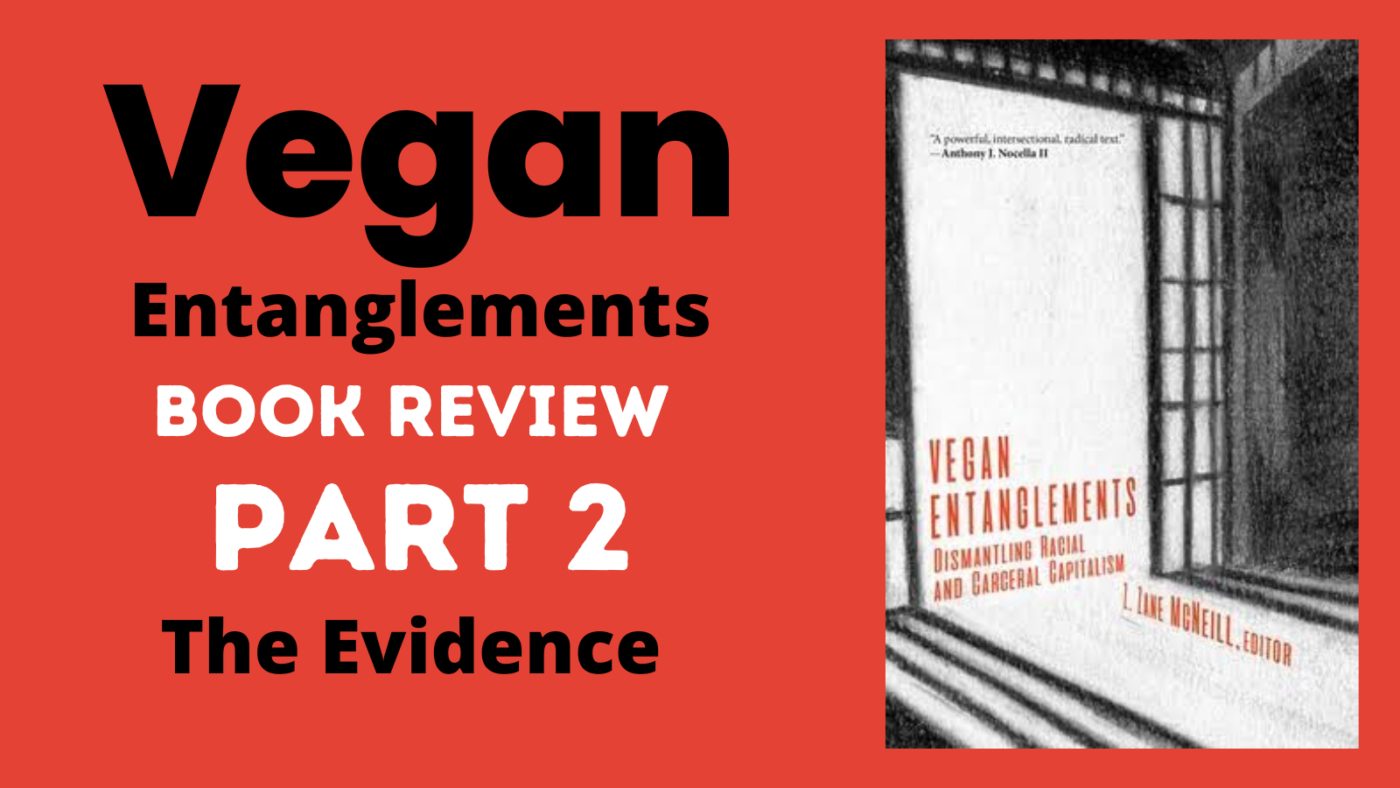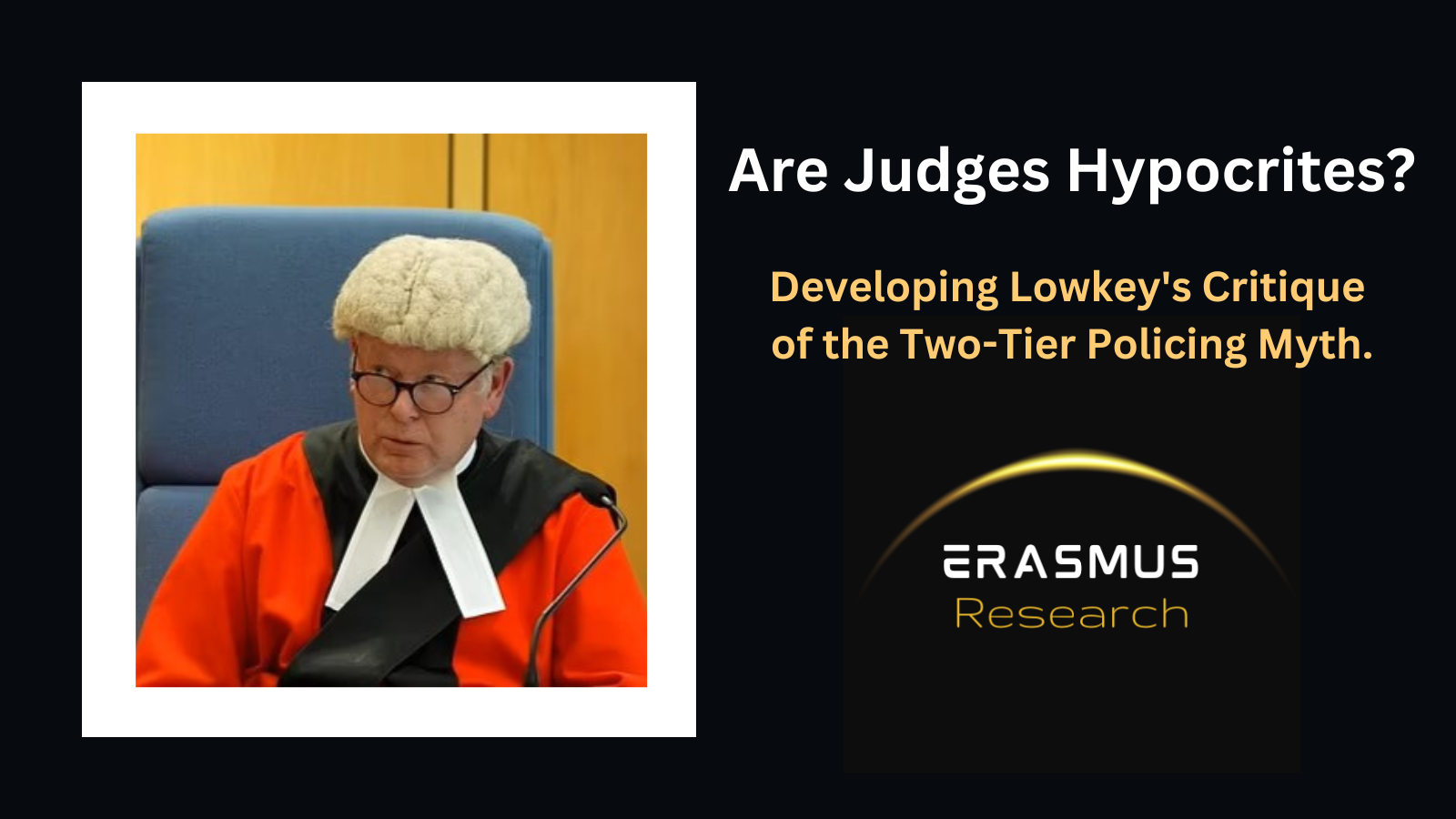Karen Corteen, Amy Hughes-Stanley, Georgia Marriott Smith, Cassie Ogden – Liverpool John Moores University
Changing hearts and minds in substance use and addiction education
Using evidence-based research we have found ‘what works’ in changing university student’s negative perceptions and attitudes towards people who use substances and people in addiction.
The United Kingdom (UK) government have acknowledged that within the UK there is a problem with excess alcohol consumption and widespread drug use (Office for National Statistics, (ONS) 2023). Also, whilst university students worldwide have been shown to drink excessively, students in the UK have been found to drink alcohol at levels which exceed those of their student counterparts in countries such as the United States of America (Gill, 2002), France, Romania and South Africa (Dantzer et al., 2006). Drug use is also prevalent amongst UK university students, with research from NUS and Release in 2018 noting that of 2,810 students surveyed, 38% currently used drugs and 17% had in the past. With regard to dedicated drug and alcohol resources, the 2017 Drug Strategy recognises the critical role that universities can play in offering support to students.
Although addiction, alcohol and drug education are covered in England by personal, social, health and economic (PSHE) education in state schools (Department for Education, 2021), there is no such comprehensive or blanket education for university level students. This is of particular concern when taken alongside Professor Dame Carol Black’s 2021 Independent Review of Drugs which highlighted the rise of recreational drug use and associated harms among young adults and evidence gaps in ‘what works’ with young people in relation to drugs use, drug policy and practice. As such, the overall absence of research on the effectiveness of education provided to university students regarding drugs and alcohol illustrates gaps in knowledge and missed opportunities to support students in higher education in relation to substance use. Given these issues, an evidence-based investigation into substance use education in Higher Education is timely.
Researching the impact of substance use and addiction education on university students
With this in mind, since 2021, we have been researching the personal, academic and professional impact of the Choose Life Project on university students across England. The Choose Life Project
(CLP) is an organisation that uses drama and experiential narratives to educate about drug and alcohol use and it has done so in the community for over 15 years. However, it is much more than this in that it educates about addiction, how addiction happens, the harms of addiction, recovery and the trials and tribulations of the recovery journey. Our research reflects on the experiences of students after they have attended a CLP event at their university. CLP volunteers are central to such events, which typically feature role play and volunteer life testimonies regarding their experiences of being in active addiction and recovery. Role play and volunteer life testimonies are examples of creative pedagogy which entails creative teaching and creative education methods.
The study is part of an interrelated three-fold project and it entailed a thematic analysis of 31 qualitative, online open-ended surveys across five universities in England. The students were studying on criminal justice programmes or criminal justice related programmes. The research also involved an ethnographic element in which the researchers observed and interacted with the students and volunteers at the CLP events.
What works in substance use and addiction education in universities – headline findings and recommendations
Our main headline findings are as follows. Creative teaching methods in substance use and addiction education, such as role play and experiential narratives have positive impacts on students who participated in the events. The events provide a powerful opportunity to increase understandings of substance use, addiction, recovery and desistance from harmful behaviours. The CLP event gave students a fuller and more emphatic understanding of why people use substances and people’s journey to recovery. The research also found that attendance at a CLP event can be validating for individuals trying to support someone dependent on or addicted to substances and it also offers them hope.
The volunteer experiential narratives, life stories and the role play were especially impactful on the students. The experience of a CLP event goes beyond educating about substance use and addiction, it extends to participant self-reflection and self-identification with the work of the CLP and its volunteers. With regard to the impact academically and professionally, students made connections between the issues raised in the CLP event and their studies, and it impacted on how they would approach this area in their studies and in their post-university life. This included finding alternatives to punishing and imprisoning people who use substances or people who are in active addiction. For example, adopting a more welfarist and rehabilitative approach.
One of the most significant recommendations that we make as a result of our findings is that CLP events should be rolled out locally and nationally for universities, professional bodies, those who come into contact with people who use substances as part of their practice, and those who influence policy and practice in this area. We also recommend that in the roll out of CLP events that sufficient time be dedicated to these events, and that they are not a one-off occasion but the start of or part of education and training that focuses on substance use and addiction education, early help and support, harm prevention and reduction and recovery.
We have found that the use of creative pedagogies such as role play and experiential narratives in substance use and addiction education can have a positive impact on university student’s personally, academically and professionally. The impact of substance use and addiction education is a research arid area and more research is needed.







